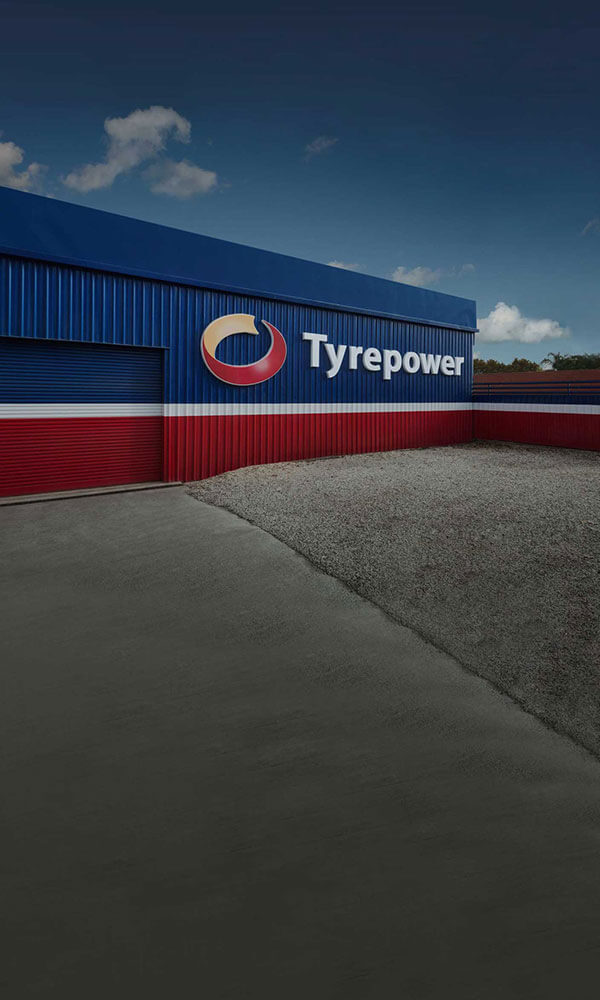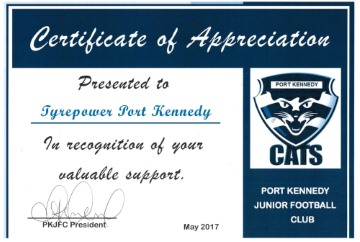What are the markings on my tyre sidewall?
The sidewall of your tyres contains valuable information related to their dimensions, manufacturing date, load index symbol, and much more. Here’s a brief explanation of what you can find on a tyre sidewall:
- Tyre type. There are different types of tyres in the market. For example, P stands for passenger car; LT means light truck.
- Tyre width. The width of the tyre is measured in millimetres from sidewall to sidewall.
- Aspect Ratio. This is the ratio of the height of the tyre’s cross-section to its width. An example of this might be 60, which means that the height is equal to 60% of the tyre’s width.
- Construction. Indicates how the tyre was put together and will say much about the tyre handling characteristics. R indicates the tyre is a radial type tyre. B indicates the tyre is a bias ply type tyre. Bias ply tyres are extremely uncommon for passenger vehicles, but can be found on heavy equipment.
- Wheel Diameter. This is the diameter of the wheel the tyre is designed to fit.
- Load Index. This is a number that relates to a chart displaying how much load a tyre can support when properly inflated.
- Speed Rating. This refers to the maximum safe speed for a tyre when it is correctly inflated and loaded.
- DOT Safety Code. This information means the tyre is compliant with all applicable safety standards established by the U.S. Department of Transportation (DOT).
- PSI (Pounds per square inch). The marking on the sidewall denotes the maximum pressure this tyre is rated to hold. Your recommended tyre pressure can be found on your vehicle tyre placard.

In the image above, the sidewall of the tyre shows the markings 215/60R17 96H. These metrics are as follows:
- 215: Section Width
- 60: Aspect ratio
- R: Radial Construction
- 17: Diameter Code
- 96: Load Index Symbol
- H: Speed Rating
Why do you need to know your tyre sizes?
It’s helpful to know the size of your tyres when it comes to replacing them. Many brand-new cars come with tyres that the manufacturer has designated as the original equipment (OE) tyres, which are specifically optimised for particular vehicles.
When it comes time to replace your tyres, you may stick with the OE option. However, depending on what you use your vehicle for, you may find that upgrading to a different size of tyre, or a different design, will allow your vehicle to gain extra capability, say for offroad use, at the expense of noise and comfort.
By knowing your tyres, you will be able to narrow down the tyres that best fit your vehicle. There are different reasons why you might want to get replacement tyres. These include wear and tear, tyre damage, wanting a different driving experience or discontinued OEM patterns.
Find the right tyre for your car with Tyrepower
Our expert team is happy to provide you with information on tyre care and maintenance. Tyre rotations and other services are also available from us as needed.
If you still need help selecting tyres, visit your local Tyrepower or contact (08) 9524 6033 to speak to your local Tyrepower experts.


